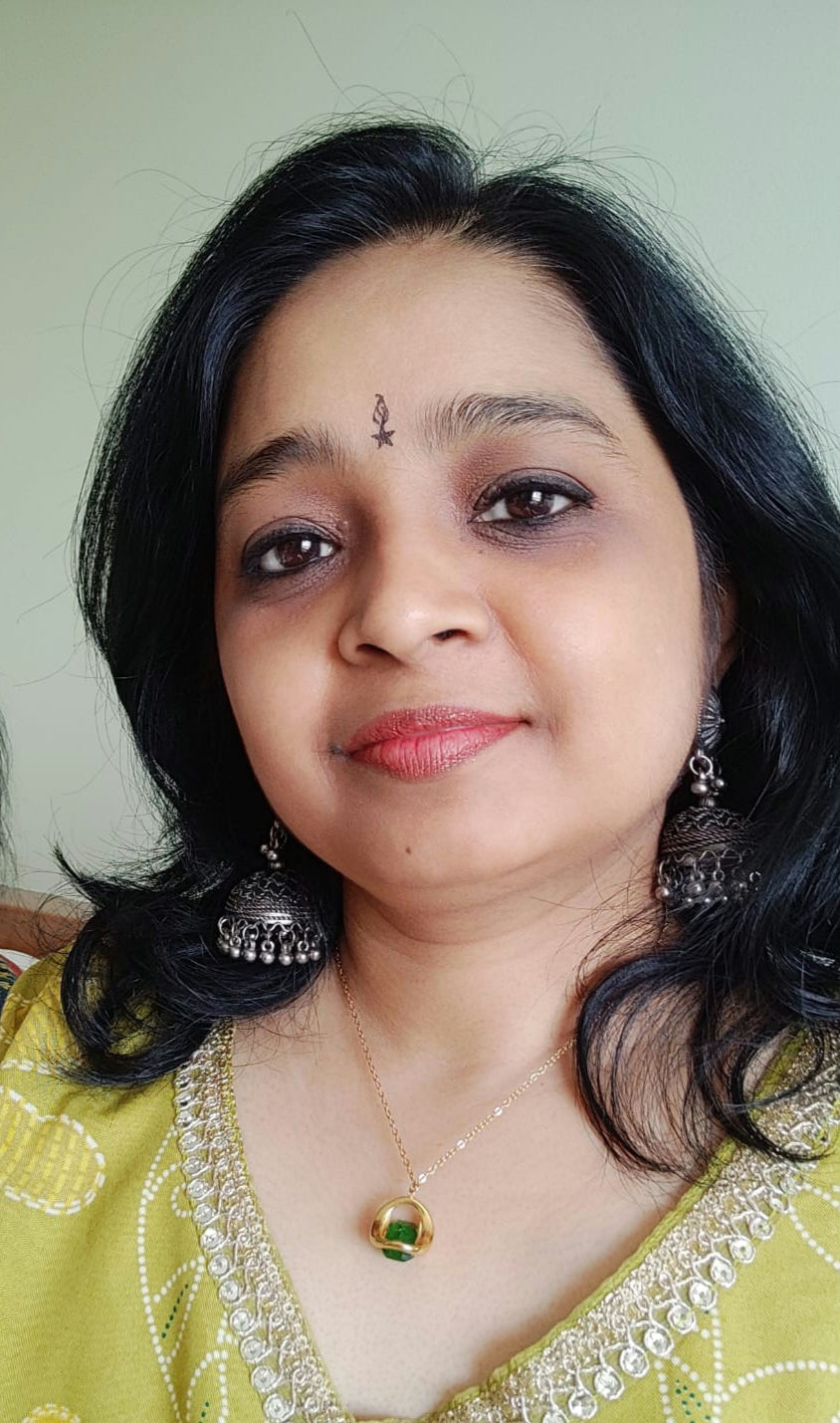The science of faith: Is it all in your head? And is that a bad thing?
- Anupriya Therapysupport
- Aug 7
- 4 min read

It always starts with a whisper.
A friend forwards a video of Baba Vanga’s predictions for the year. A news anchor solemnly lists the catastrophes she “foresaw.” Suddenly, you’re thinking….is this really possible? Did she know something we don’t?
You're not alone. In moments of uncertainty, be it a global crisis, a personal low, or just the quiet ache of not knowing what's next, many of us find ourselves drawn to people who seem to know the future. Prophets. Astrologers. Temple rituals. Energy readers. Tarot cards. They offer us something that is almost medicinal: a sense of direction in a world that often feels chaotic.
But why are we so pulled toward these predictions, even when part of us knows they may not be literally “true”?
Let’s gently explore.
The human brain hates not knowing
Uncertainty is uncomfortable. In fact, studies show that uncertainty activates the same parts of the brain as physical pain. It’s no surprise then that we’re wired to reduce that discomfort in any way we can.
Prophecies, whether from a seer, a priest, or a temple wall, fill in the blanks. Even vague predictions give our brains a story to follow. And that story makes us feel less adrift.
Prophecies: Anchors of belief, and biology
There’s something else happening too, and this part is rarely spoken of in spiritual spaces, but it’s deeply human:
What you believe begins to shape your reality.
Say someone tells you: “Next year is going to be a breakthrough year for you.” And say it comes from someone you deeply trust…a family astrologer, a monk, a wise elder. If you truly believe it, something subtle shifts inside.
Your body releases the tight grip of doubt. Your mind starts looking for possibility instead of threat. You carry yourself with more quiet confidence. You take more chances, speak with more ease, soften your self-sabotage.
People respond to this version of you. And slowly, next year does become a breakthrough year.
Was it the prediction? Or was it you? Both. Because belief is powerful. This is the self-fulfilling prophecy in action.
It’s also the placebo effect our body responding to something it believes will help. Not because it’s tricked, but because the mind and body are deeply interconnected. They listen to each other.
The fertility temple story: Hope, Biology, and Silence
This also plays out in cultural rituals. Take a mother who visits a temple known for blessing couples with children. She follows every step of the ritual, lights every lamp, ties every thread. Her faith is complete.
In the following months, her stress reduces. Her cortisol levels drop. Her nervous system is no longer in high-alert mode. Her body becomes more receptive to fertility, and she conceives.
She believes it was the temple. And maybe, in some sense, it was. The ritual was the anchor. The belief did the rest. She shares her story with others. The temple gains a reputation. More women come.
But here’s the quiet part that doesn’t get told:
The women who didn’t conceive, even after performing the same rituals, often carry the burden of silence.
“Maybe I didn’t do it right.”
“Maybe I didn’t believe enough.”
So the miracle stories get amplified. The “missed” ones get hidden. And slowly, a place or person takes on a mystical reputation. Not because it’s all fake, but because human psychology, biology, and belief are far more intertwined than we admit.
Our pattern-seeking minds
Prophecies work best when they’re poetic and open-ended.
“A shadow will fall over the land.”
“A great change will arrive with the northern wind.”
Why? Because we’re natural pattern-finders. We match these metaphors to real-world events after they happen. Psychologists call this apophenia, seeing patterns in randomness. It’s part of what helps us survive. But it also makes us believe that something was “foretold”, even when it wasn’t.
Predictions as emotional medicine
What’s also true is that predictions help us emotionally regulate. They act like a soft blanket on an anxious night.
If someone tells you trouble is coming, and you mentally prepare for it, the hit doesn’t feel as sharp. If someone tells you love is coming, you may walk into the world more open to connection.
In therapy, we often see that people don’t always need the truth, they need a sense of agency. Prophecies can give that. Even false ones.
So, Should We Believe?
The question isn’t whether these predictions are scientifically valid.
It’s:
What does your belief do for you?
Does it give you hope?
Does it help your nervous system calm down?
Does it make you kinder, bolder, softer, more open?
Then maybe it’s less about whether it’s true in the stars, and more about whether it’s true in you.
Just don’t forget: your belief has power. Not magic power. But human power, the kind that changes posture, voice, confidence, chemistry, and connection.
The kind that can, in fact, change your life.
Final reflection
We seek prophets because we are meaning-makers. We want to know we’re not alone. We want to believe there’s a thread of sense running through the fabric of chaos.
And sometimes, just sometimes, that belief is enough to shift something so deep within us, that life itself responds.
You don’t need to silence your logical mind to appreciate this. You just need to notice when belief is becoming a bridge and when it’s becoming a cage.
The future may be unknown. But your relationship with it......That’s something you can shape.




Comments